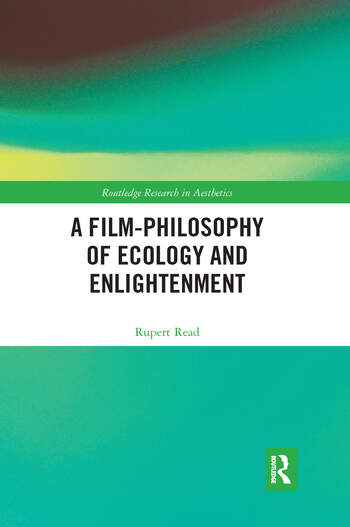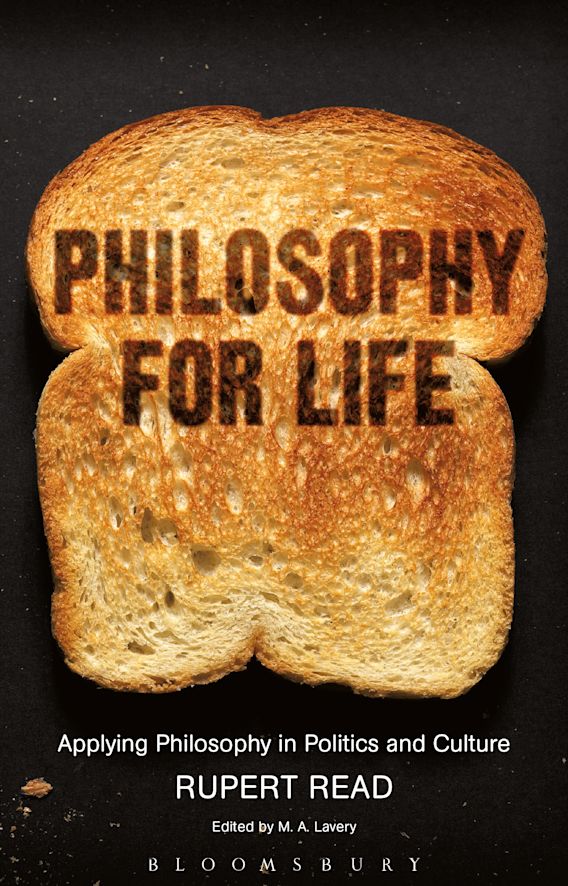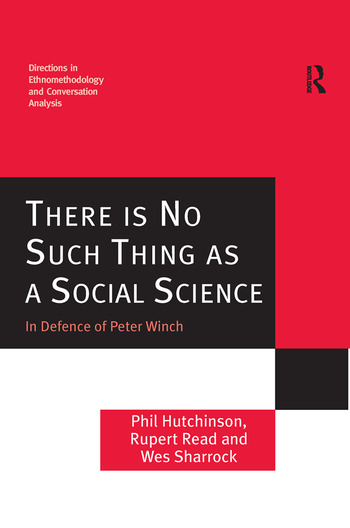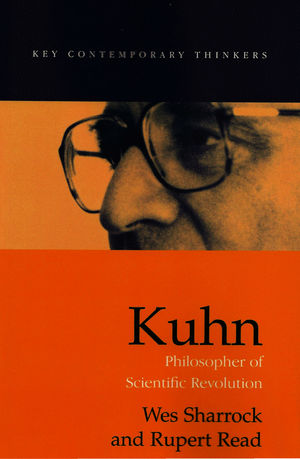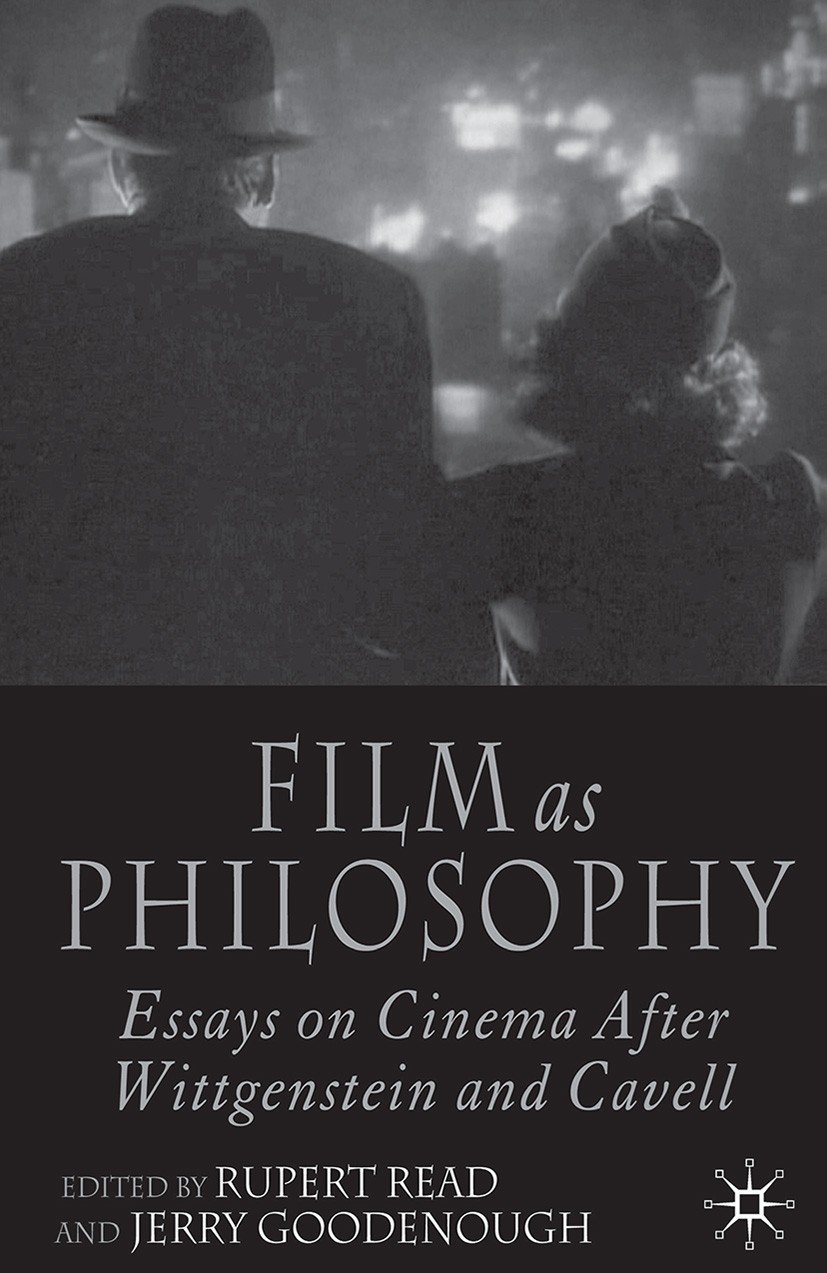-
Avatar 2 should make us completely rethink our relationship with the planet
The Way of Water is a movie for our times – a rallying cry to make us cherish and protect the oceans that are so vital to life on Earth
-
An ecological philosophy of film
I’ve just published a book, called A Film-Philosophy of Ecology and Enlightenment. In this book, I discuss films such as The Road, Melancholia, Gravity and 2001: A Space Odyssey. But what’s it all about? What does the title of my book mean? I’ll briefly explain, by way of an example. Which constitutes a kind of ‘trailer’ for the book… Incendiary themes The final chapter of my book is about the biggest blockbuster of all time, Avatar. Consider the following important fact about Avatar: this was a film so potentially incendiary, eco-politically, that the authoritarian Chinese Government felt compelled quietly to ban it, for fear that it would ignite rural land-revolts.…
-
How cinema can change the world
Film is the great popular artform of our time. It may not always be – perhaps it might be displaced by interactive games of some sort, at some point – but right now, it is. Artistic representations, if they are good enough and powerful enough, can catalyse. They can impact our worldview, by changing how something is conceptualized and presenting it in the context of an actual life, which abstract thinking on its own cannot do. The very future of our living planet is linked to the possibility of evolving attitudes towards our place in it. Film, as the great mass medium of our time, may turn out to have…
-
A dream of now
I’ve just published a book, called A film-philosophy of ecology and enlightenment. (You can read the early part of it for free here … Don’t attempt to buy it unless you are independently wealthy – it’s madly expensive. Wait for the paperback next year – or, much better idea, order it for/through your library, now.) I argue in my book that a number of the films I investigate in the book are about daring to dream again. (Especially the film that I argue is the most significant popular film of recent times: Avatar.) Well, if that’s true, then it’s also true that it is important to dare to dream nightmares too, sometimes. (And in…
-
A Film-Philosophy of Ecology and Enlightenment
A Film-Philosophy of Ecology and Enlightenment is a book written by Rupert Read and published by Routledge. Inspired by the philosophy of Wittgenstein and his idea that the purpose of real philosophical thinking is not to discover something new, but to show in a strikingly different light what is already there, this book provides philosophical readings of a number of ‘arthouse’ and Hollywood films. Each chapter contains a discussion of two films—one explored in greater detail and the other analyzed as a minor key which reveals the possibility for the book’s ideas to be applied across different films, registers, and genres. The readings are not only interpretive, but they offer…
-
Religion after the death of God? The rise of pantheism and the return to the source
“The way you use the word “God” does not show who you mean, but what you mean”. – Ludwig Wittgenstein. Religion is and always has been much more and much other than just g/God, and certainly than the God of the Abrahamic religions. It is an awesome mistake to tie religion closely only to God, let alone to God as a lone super-person. As the philosopher Wittgenstein once, wonderfully, put it: It is very important that we talk of God’s eye, but not of God’s eyebrows – or eyelashes. If we look back to the beginnings of religion, what we find is far indeed from theism. What we find is animism. Everything being alive,…
-
An allegory of a ‘therapeutic’ reading of a film: of Melancholia
This essay is a (more or less philosophical) account or allegory of my viewing(s) of Lars von Trier’s remarkable film, Melancholia (2011). It is personal, and philosophical. (The personal here turns out, potentially, to be philosophical.) Von Trier’s film in turn is clearly among other things a (brilliantly accurate) allegory of (his) depression; and it is also clearly (though at the very same time) much more than that. In expressing my experience of the film and the world (and my experience as a part time mega-melancholic – which is part of my basis for using the adjective “brilliantly accurate” in the previous sentence), my essay is inevitably personal, ‘person-relative’. Furthermore:…
-
Philosophy for Life: Applying Philosophy in Politics and Culture
Philosophy for Life is a book written by Rupert Read and edited by Matt A. Lavery. It is published by Bloomsbury. Philosophy for Life is a bold call for the practice of philosophy in our everyday lives. Philosopher and writer Rupert Read explores a series of important and often provocative contemporary political and cultural issues from a philosophical perspective, arguing that philosophy is not a body of doctrine, but a practice, a vantage point from which life should be analysed and, more importantly, acted upon. Philosophy for Life is a personal journey that explores four key areas of society today: Politics, Religion, Art, and the Environment. Taking tangible examples from…
-
Film as Philosophy: Essays on Cinema after Wittgenstein and Cavell
Film as Philosophy is an edited collection co-authored by Rupert Read and Jerry Goodenough, and published by Palgrave MacMillan. This unique volume treats films as philosophy, rather than speaking of films only in relation to philosophy and subjugating the film in question to pre-existing theories. Bringing together essays from some of the leading scholars in the field, the book also features an interview with Stanley Cavell in which he explains his most recent thinking on the belief that films can think; that they can, indeed, function as philosophy. The book contains a series of essays on film and philosophy whose authors – philosophers or film studies experts – write on…












